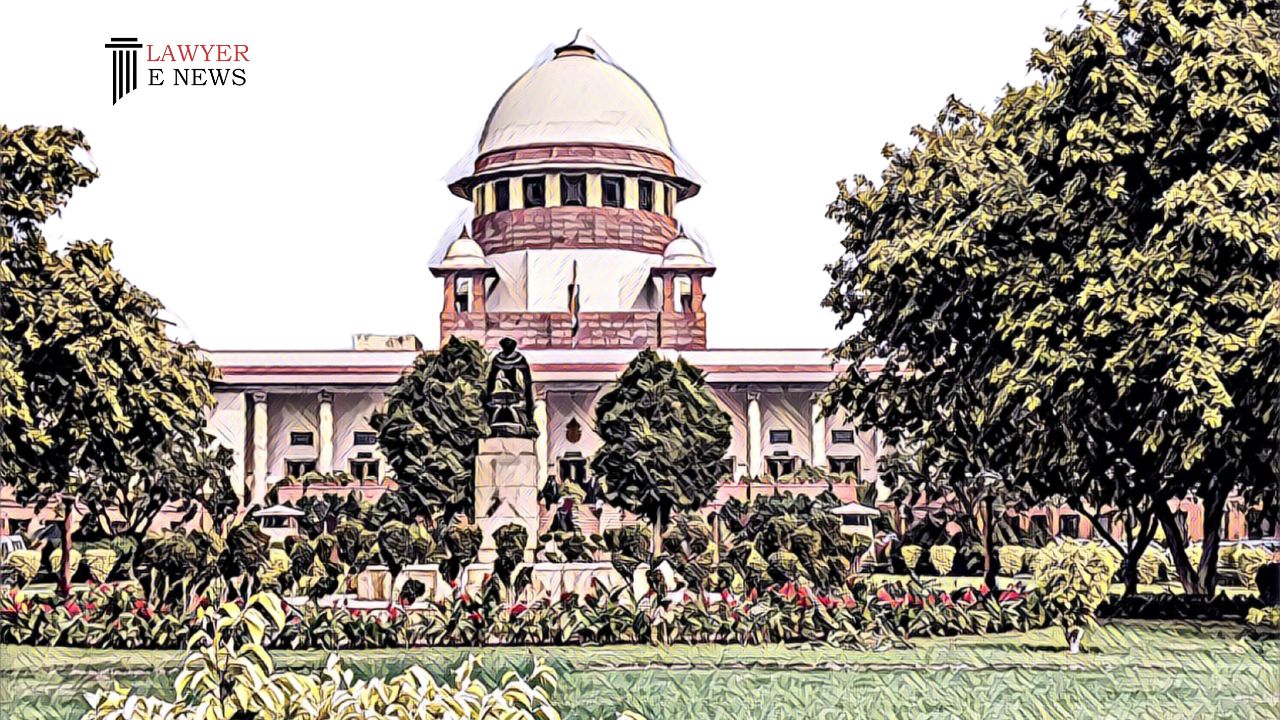-
by sayum
14 February 2026 2:22 PM



Supreme Court Resolves Deadlock Between State Government and Chancellor Over University Leadership
In a significant judgment, the Supreme Court has intervened to address the ongoing stalemate over the appointment of Vice-Chancellors in state-aided universities in West Bengal. The bench, comprising Justices Surya Kant and K.V. Viswanathan, mandated the formation of Search-Cum-Selection Committees chaired by former Chief Justice of India, Hon’ble Mr. Justice Uday Umesh Lalit. This move aims to bring transparency and fairness to the appointment process amid disputes between the state government and the Chancellor.
The controversy stems from the West Bengal government's appointment of 24 Vice-Chancellors in 2022 without the inclusion of a University Grants Commission (UGC) nominee in the Search Committee, as required by law. The High Court ruled these appointments unsustainable, a decision upheld by the Supreme Court. Subsequently, the state attempted to extend the tenures of existing Vice-Chancellors, which was met with opposition from the Chancellor, leading to the appointment of interim Vice-Chancellors. The legality of these interim appointments was also challenged, resulting in a protracted legal battle.
The Supreme Court upheld the High Court's finding that the appointments were illegal due to the absence of UGC nominees in the Search Committees. The Court emphasized compliance with statutory requirements to ensure the credibility and legality of the appointments.
The Court noted the deep-seated conflict between the state government and the Chancellor, which had led to a governance vacuum in the universities. It highlighted the necessity for both parties to cooperate for the academic and administrative stability of the institutions.
To resolve the deadlock, the Court invoked its powers under Article 142 of the Constitution to constitute Search-Cum-Selection Committees. These committees, chaired by Justice Uday Umesh Lalit, will include eminent educationists, scientists, jurists, and administrators, ensuring a fair and transparent selection process.
Justice Surya Kant remarked, "Our endeavour is to infuse transparency, independence, fairness, and impartiality so as to ensure that persons possessing the highest level of competence and integrity, capable of leading the University by example, are shortlisted."
The Supreme Court's intervention underscores the judiciary's role in upholding statutory mandates and ensuring fair governance in educational institutions. By constituting Search-Cum-Selection Committees, the Court aims to restore normalcy and integrity in the appointment of Vice-Chancellors in West Bengal. This landmark decision is expected to have far-reaching implications for the administration of universities across the state.
Date of Decision: July 8, 2024
The State of West Bengal vs. Dr. Sanat Kumar Ghosh and Ors.
